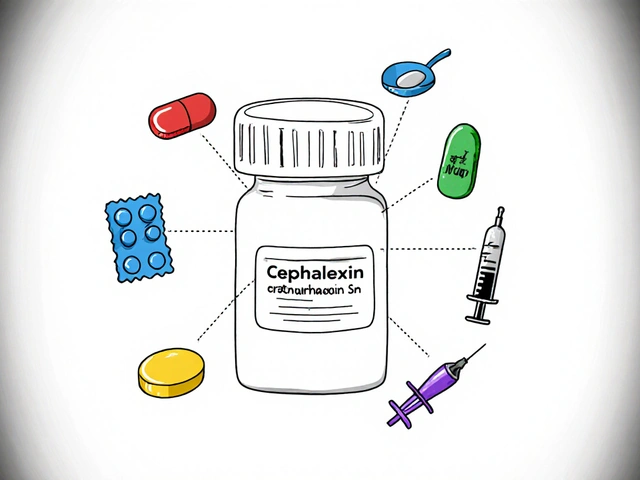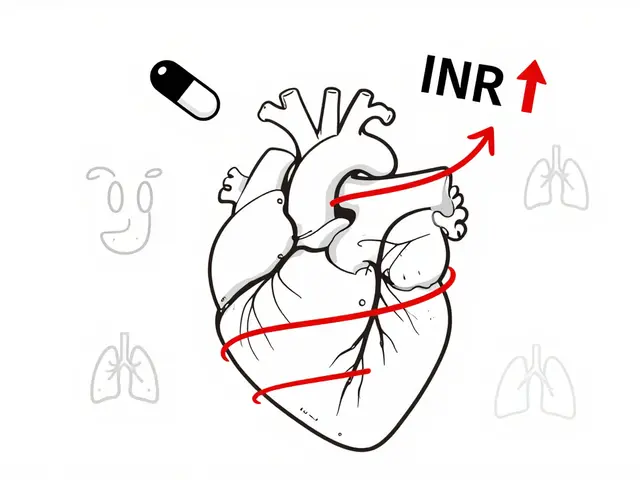Side Effects: What They Are and How to Handle Them
Ever taken a pill and suddenly felt off? That’s a side effect – an unwanted reaction that shows up while a drug or supplement does its job. They can range from a mild headache to something that needs a doctor’s call. Knowing the basics helps you act fast and avoid bigger problems.
Common Medication Side Effects
Most prescription drugs have a list of expected side effects. For example, many blood‑sugar meds can cause nausea, dizziness, or a low blood‑sugar episode. Antibiotics often bring an upset stomach or a yeast infection. Even over‑the‑counter items like ibuprofen might give you heartburn or a rash. The key is to recognize what’s normal for that specific drug and what feels out of the ordinary.
Supplements aren’t exempt. A popular one like fish oil can cause a fishy aftertaste or loose stools. Herbal extracts such as ginseng sometimes raise blood pressure. If you start feeling shaky, sweaty, or unusually tired after adding a new supplement, write it down and compare it to the product’s safety info.
Managing and Reporting Side Effects
The first step is to stop the suspected product if the reaction is severe – think trouble breathing, swelling, or intense chest pain. Call emergency services right away. For milder issues, talk to your pharmacist or doctor. They can adjust the dose, suggest an alternative, or prescribe something to counteract the side effect.
Never ignore a side effect just because it’s “common.” Document the date you started the medication, the dose, and what happened. This log makes it easier for your healthcare team to spot patterns and decide if the drug is worth keeping.
Most drug manufacturers keep a safety database. Reporting your experience through the FDA’s MedWatch program or a similar local system helps improve future safety warnings. It’s quick – you fill out an online form, describe the reaction, and submit. Your single report could protect someone else down the line.
Finally, stay informed. Our tag page gathers articles on specific drugs, supplements, and their side effects. Whether you’re looking up citalopram‑related insomnia or the safety profile of emu oil, you’ll find plain‑language summaries, practical tips, and what to ask your doctor.
Bottom line: side effects are a signal that something isn’t right. Spot them early, talk to a professional, and record what you notice. With the right steps, you can keep your health on track while still benefiting from the medicines you need.






